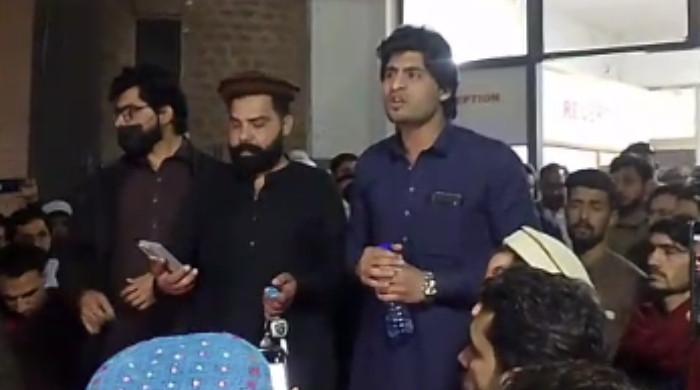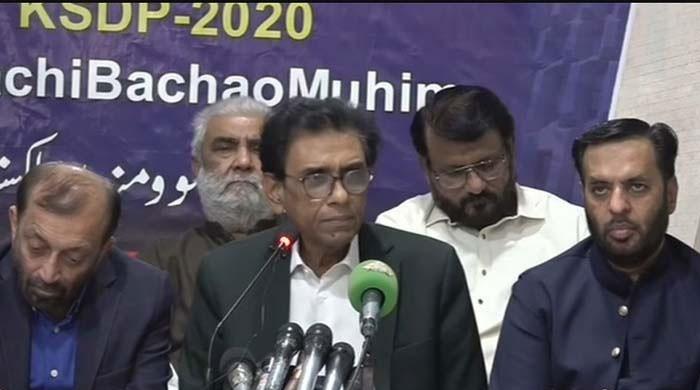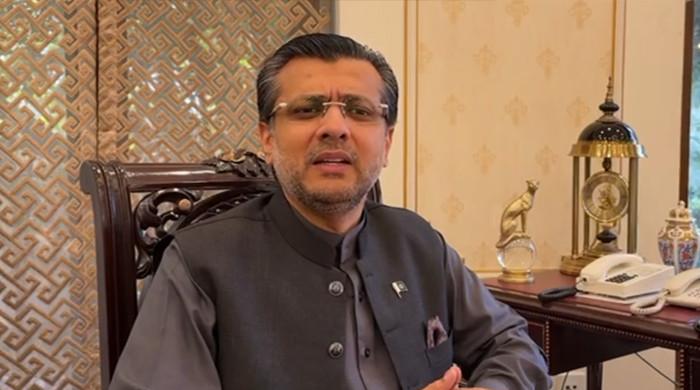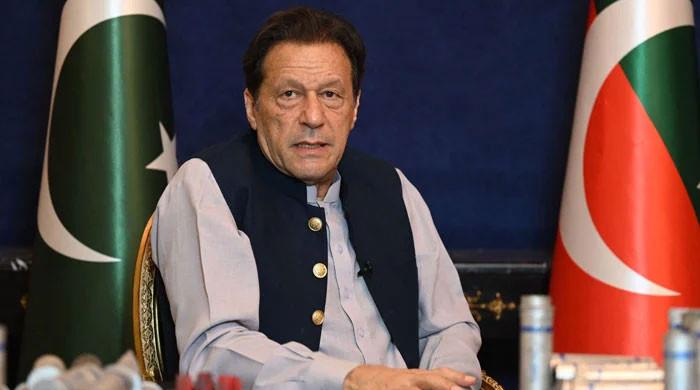Jawad Ahmad's ode to protesting farmers garners praise beyond borders in India
The singer has paid tribute to the global peasant movement with a recent track that has gone viral on social media
January 11, 2021
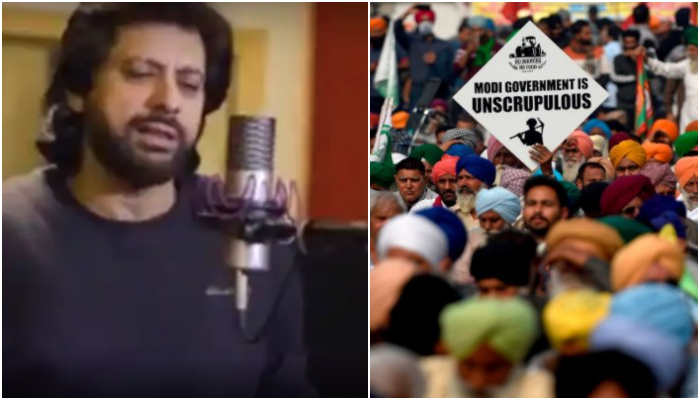
The singer has paid tribute to the global peasant movement with a recent track that has gone viral on social media.
Released in December 2020, the song has amassed over a million views to date.
-
Thousands of Indian farmers have demonstrated against the laws introduced by the Modi-led government, arguing that they threaten their livelihoods.
Renowned Pakistani singer Jawad Ahmad, who is actively seen spreading awareness about labour rights and other social issues through his music, has paid a tribute to protesting farmers with his new song 'Kisaana'.
Sharing the video on his YouTube channel, Jawad penned that it is a revolutionary song for peasants so that they can be inspired and motivated to struggle for their rights.
Read more: Explainer: Why are the farmers protesting in India?
Released in December 2020, the song has amassed over a million views to date. In the three-minute-long video, Ahmad's latest track highlights the predicament of farmers and encourages them to fight in the face of adversity.
Speaking to Times of India, the veteran singer shared that the situation for peasants here in Pakistan is difficult. "The third world economies are still largely based on primitive methods and tools of agriculture and we need a peasant's rights movement all over the world, including Pakistan," Ahmad said.
Why are farmers protesting in India?
Thousands of Indian farmers have demonstrated against the laws introduced by the Modi-led government, arguing that they threaten their livelihoods.
Photos from India show hundreds of farmers camped out on the outskirts of New Delhi, blocking highways to show their resentment towards the government.
Read more: Farmers protest: Amir Khan speaks out against 'disturbing scenes of violence' in India
Prime Minister Narendra Modi’s government claims the new laws are meant to overhaul antiquated procurement procedures and give growers more options to sell their produce.
However, farmers fear the legislation will eventually dismantle India’s regulated markets and stop the government from buying wheat and rice at guaranteed prices, leaving them to negotiate with private buyers.
They are calling for the government to repeal the laws and retain mandatory government purchases, among other demands.




